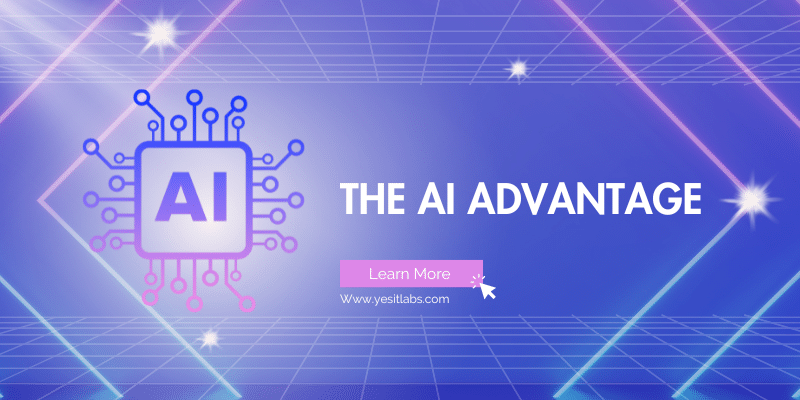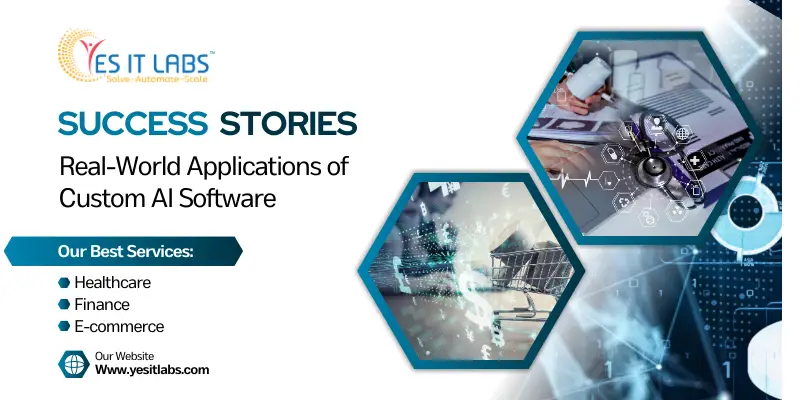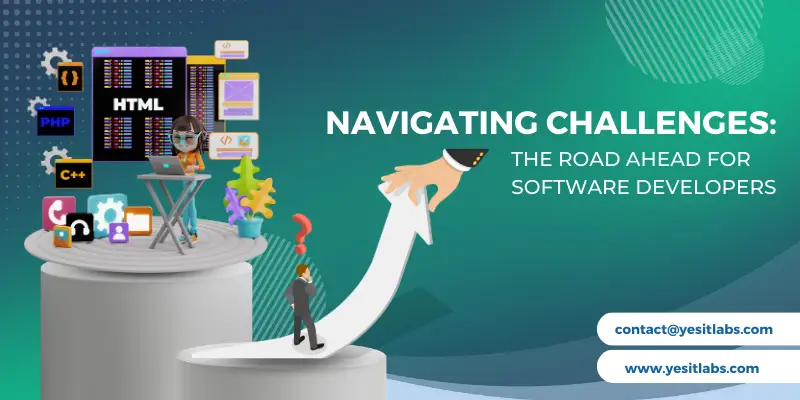

Why Software Testing is the Unsung Hero of Development
Hey there, tech enthusiasts! Today, let’s dive into a topic that often doesn’t get the spotlight it deserves: software testing. If you’re part of a software development company in the USA (or anywhere else for that matter), you know how crucial testing is in the grand scheme of things. But for those who aren’t familiar, let’s break it down.
What Exactly is Software Testing?
Imagine building a house without inspecting its foundation, walls, or electrical systems before moving in. Sounds risky, right? Well, that’s what software development without testing is like – building a digital structure without ensuring its stability.
In simpler terms, software testing is the process of evaluating a program or application to detect bugs, defects, or any other issues. It’s like quality control in manufacturing, but for software.
Why is Testing So Important?
- Bug Detection: Imagine releasing a software application to the market only to discover that it crashes every time a user tries to save their progress. Not a good look, right? Testing helps catch these bugs before they reach your users, saving you from potential embarrassment and reputation damage.
- Enhanced Quality: Quality is non-negotiable in today’s competitive market. Testing ensures that your software meets the highest standards, providing users with a seamless experience and reducing the likelihood of negative reviews or complaints.
- Cost Savings: Believe it or not, investing in testing can actually save you money in the long run. How? By identifying and fixing issues early in the development process, you avoid costly rework and post-release maintenance expenses.
- Customer Satisfaction: Happy customers are the lifeblood of any business. By delivering a bug-free and high-quality product, you not only retain existing customers but also attract new ones through positive word-of-mouth and reviews.
The Testing Process Demystified
Now that we understand why testing is important, let’s take a closer look at the testing process itself.
- Requirement Analysis: Before testing can begin, it’s essential to understand the requirements and expectations of the software. This ensures that the testing process aligns with the intended functionality of the product.
- Test Planning: Next, testers create a detailed plan outlining the testing approach, objectives, timelines, and resources required. This plan serves as a roadmap for the entire testing phase.
- Test Design: This step involves creating test cases based on various scenarios and use cases. Testers simulate real-world interactions to uncover potential issues and ensure comprehensive coverage.
- Test Execution: Here’s where the rubber meets the road. Testers execute the test cases, either manually or using automated testing tools, to validate the software’s behavior and functionality.
- Defect Reporting: When issues are identified during testing, testers document them in detail, including steps to reproduce and severity level. This information is then shared with the development team for resolution.
- Regression Testing: As the software evolves, regression testing ensures that new changes do not adversely affect existing functionality. It’s like double-checking to make sure nothing gets broken along the way.
- Release and Deployment: Once testing is complete and all identified issues are resolved, the software is ready for release to end-users. But the testing journey doesn’t end here – continuous monitoring and feedback collection help identify and address any post-release issues.
Types of Testing
Testing comes in many flavors, each serving a specific purpose in the software development lifecycle. Here are some common types of testing:
- Unit Testing: Testing individual components or modules of the software in isolation.
- Integration Testing: Verifying the interactions between different modules to ensure they work together seamlessly.
- System Testing: Testing the entire system as a whole to validate its compliance with requirements.
- Acceptance Testing: Evaluating the software’s readiness for deployment based on user acceptance criteria.
- Performance Testing: Assessing the software’s speed, scalability, and stability under various load conditions.
- Security Testing: Identifying vulnerabilities and weaknesses in the software to protect against potential threats.
The Role of Automation
In today’s fast-paced development environment, automation plays a crucial role in streamlining the testing process. Automated testing tools help accelerate testing cycles, improve test coverage, and increase overall efficiency. By automating repetitive tasks, testers can focus on more complex scenarios and edge cases, ultimately delivering higher-quality software in less time.
Conclusion
Software testing may not always steal the spotlight, but its importance cannot be overstated. From bug detection to customer satisfaction, testing is the unsung hero of software development. So, the next time you’re working on a project, remember to give testing the attention it deserves – your users will thank you for it!
Whether you’re a seasoned developer or just getting started in the world of software development, understanding the importance of testing is crucial for success. So, the next time you’re tempted to skip testing to save time or cut costs, remember the old adage: “An ounce of prevention is worth a pound of cure.” Happy testing!
And for software development company the USA or anywhere else, remember: testing isn’t just a checkbox on your to-do list – it’s a vital part of delivering high-quality, reliable software to your customers. So, invest the time and resources needed to ensure your products are thoroughly tested before they hit the market. Your users will thank you for it!
Keep coding, keep testing, and keep innovating!
Tags: best software development company, best software development company in usa, software development company, software development company in usa, software testing, top software development company in usa




















